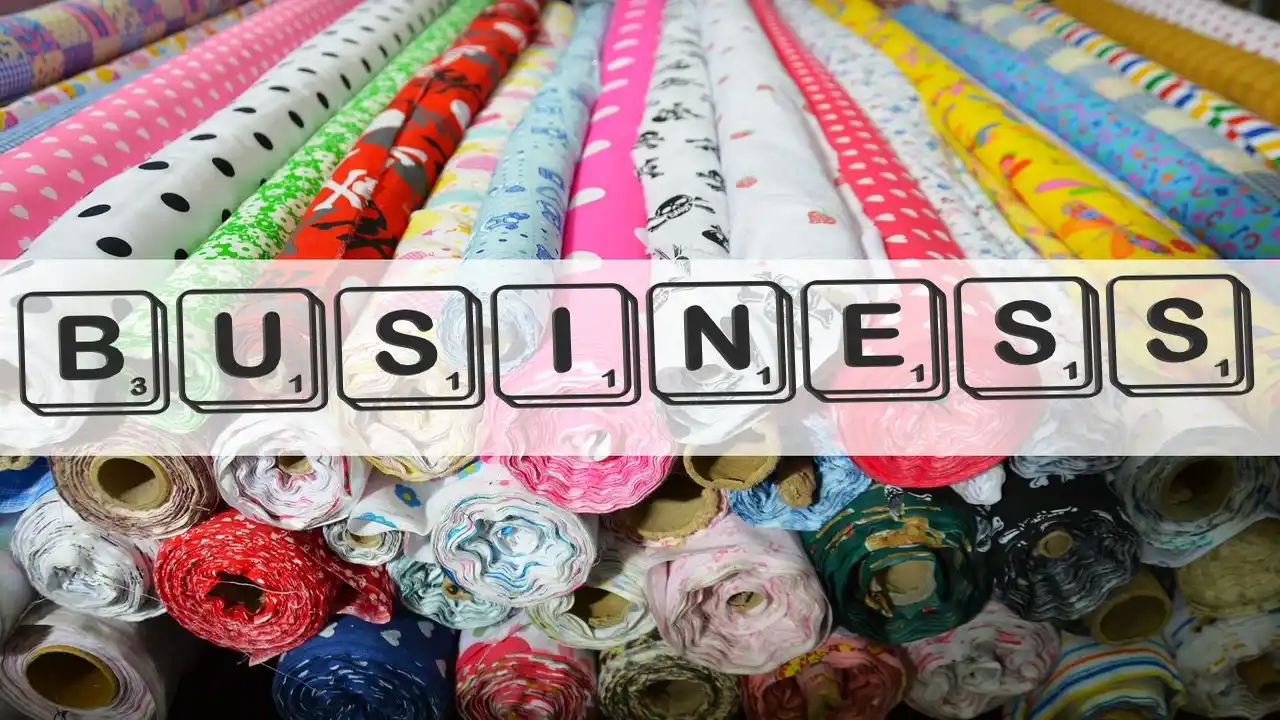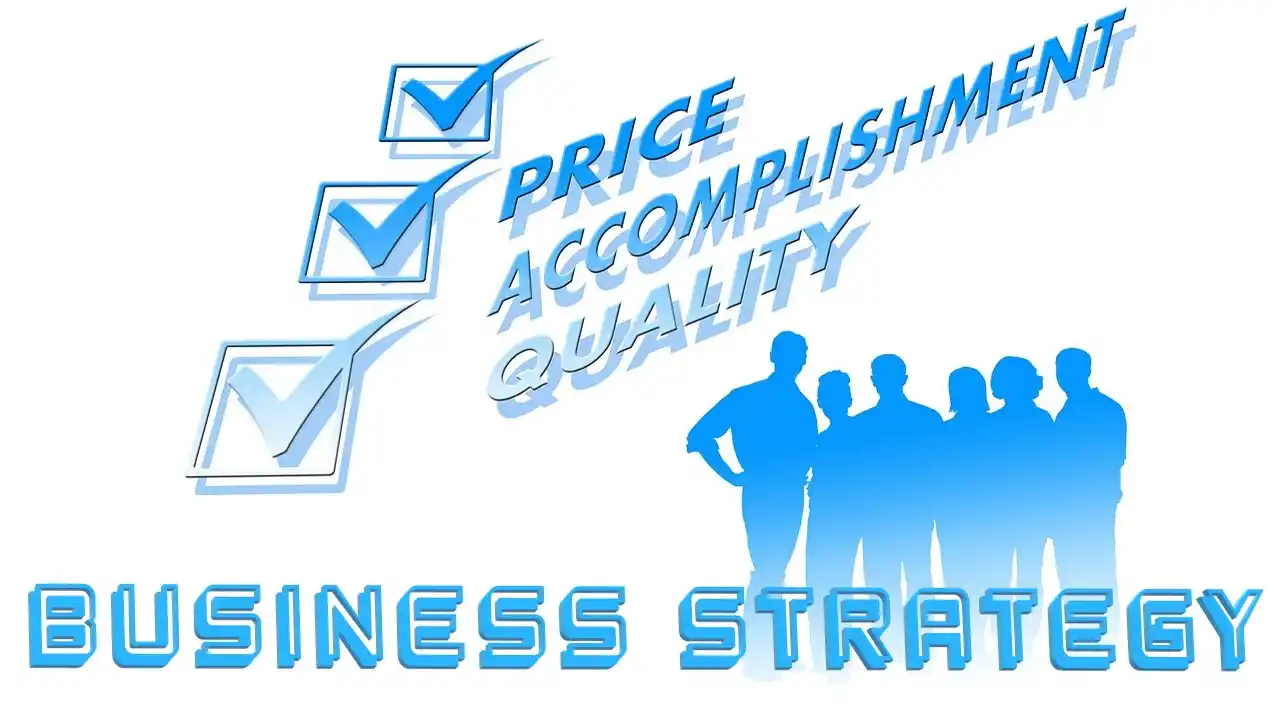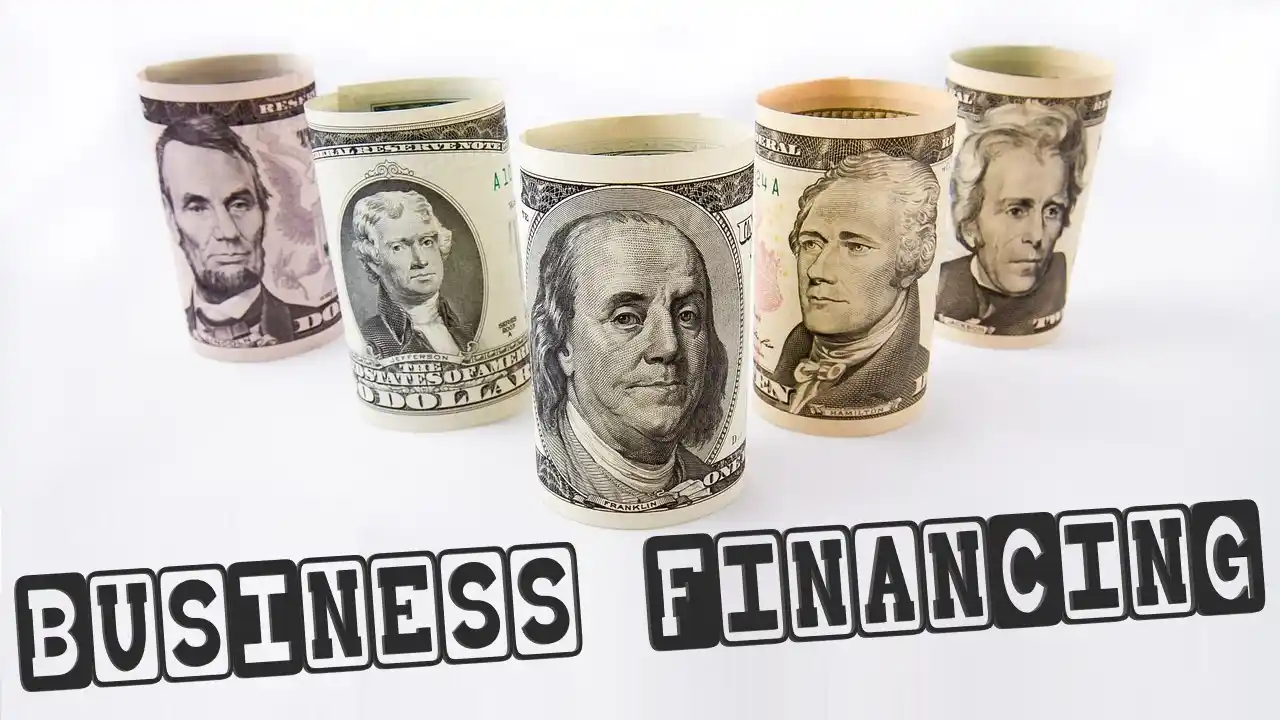The term “business etiquette” refers to a set of principles that the majority of people in a particular field or occupation believe to be correct. The majority of the time, the members of a group are responsible for upholding tradition. People who violate the norms of business conduct are considered rude. When individuals behave in this manner, the majority of the group generally disapproves of them. Continue reading to become an expert in types of business etiquette and learn everything you can about it.
It is possible for your business to expand if you improve your business practices. Always remember to behave with decency. Adopt a “you” mentality that prioritizes the desires and emotions of others over your own. This will improve your business decorum because it will help you develop excellent manners and general courtesy.
Top 15 – Types of Business Etiquette
When people refer to “business meeting etiquette,” they are referring to appropriate behavior in a professional context. It teaches appropriate behavior and respect for other people’s time and effort. The manner in which you treat your colleagues, managers, and leaders will directly impact your career advancement. Workplace etiquette is essential for creating a successful career. Email Etiquette: Proper email etiquette can enhance both business and personal relationships.
If you want your email behavior to be considered appropriate, you must adhere to a few guidelines. Telephone etiquette: By using appropriate telephone etiquette, you can demonstrate good manners and create a favorable impression of yourself or your company. Positive and helpful interactions leave enduring impressions, which are crucial to the development of a business. This article will go into types of business etiquette in detail and provide some examples for your convenience. For a more extensive education on importance of business etiquette, continue reading.
Dining Etiquette
Business dinners can be awkward, particularly if you are eating with strangers or attempting to consume while conducting business conversations. Even adhering to the most fundamental dining etiquette rules can make things easier.
Telephone Techniques
In addition, excellent manners require that you use the telephone in a professional manner. For instance, you could introduce yourself and your company to the individual you’re calling. Then you could request a conversation with them. If you are unable to reach that individual, please leave a detailed message with your phone number and email address so they can contact you.
Many individuals screen their calls or let them go to voicemail because they are receiving an increasing number of unsolicited calls from unidentified or unlisted numbers. Therefore, proper identification is necessary to ensure that your messages reach the intended recipients. In addition, it is proper etiquette not to receive or make calls in locations where there is a lot of background noise or where you may lose cell phone service.
Etiquette on Social Media
Because humor, sarcasm, and puns each have their own way of distorting meaning, you must always use them with caution. When you communicate with employees, clients, and anyone else associated with your business on social media, you are in some ways representing your organization. This is especially essential if you have a global reputation.
Therefore, it is essential that the messages you send are clear and do not criticize the company or your colleagues. Even if one of your colleagues or social media contacts is a close friend, you should never speak negatively about the company or any of your other coworkers. Do not discuss sensitive topics such as politics or religion, and avoid personal attacks.
Etiquette in Interactions
A person’s perception of an organization’s values may be influenced by how its employees interact with clients, suppliers, and other business associates, as well as with one another. How would you feel if you strolled into an office and the receptionist either ignored you or asked you angrily, “What do you want?”? Most likely not.
Employees are expected to interact professionally with one another so that each individual feels essential, valued, and appreciated. This is the correct action to take. This includes things such as making eye contact, extending your hand, and speaking without interrupting someone else. Include best practices in this area in employee handbooks and examine them with new hires as part of their training or orientation. This is good types of business etiquette.
Meeting Protocol
The most essential aspects of business meeting etiquette to remember are common courtesy and good manners. Make sure you arrive on time, pay attention to the moderator or the agenda, take turns speaking, and don’t talk excessively or interrupt others. Attend meetings prepared to demonstrate respect for your own and others’ time.
Even if the items on the plan have nothing to do with you or your business, you should not allow them to impede your progress. Business etiquette demands undivided attention. Make it evident that you intend to take notes using the mobile device in question.
Email Protocol
Another types of business etiquette is this. Even though email can be a fast and informal method of communication, it should use more formally for business communications. Include any attachments, ensure that the subject line is pertinent, and include your complete contact information in the signature block.
Don’t CC more people than necessary, and be extra cautious when transmitting potentially sensitive information. Remember that a work email is not the place for quips, personal conversations, unsolicited advertisements, or political commentary.
Desk Manners
Let’s get one thing straight: a shady atmosphere in any business setting is never a positive sign. The disorder on your workstation, on top of everything else, demonstrates the same thing. Even though there are company signs on the desk, you should not place all of your personal belongings on it.
The same rule applies when attending a meeting or visiting a coworker’s office, but it is more essential. It may not seem like a huge deal to leave your purse or cell phone on the table, but believe it or not, it’s not cool to do so. It often appears as though you are not being honest or respectful towards the individual or cause you are discussing.
Team Etiquette
Recognizing the accomplishments of others is an essential element of business decorum in both informal and formal settings. When someone enters the room where you are hosting a business dinner or event, you must greet them properly. This may involve grasping their hand or observing another cultural custom.
Even if you work from home and participate in daily Zoom meetings, you must abide by this rule. You may not feel the need to be on camera at every business meeting, but responding to what is being said and thanking members of your team can demonstrate that you are paying attention and make them feel valued.
Spaces Etiquette
Even though you work from home the majority of the time, you may require to visit the office or collaborate virtually with other team members. You and your teammates may share the kitchen, restrooms, printer and copy room, and leisure area. You can share virtual locations such as Google Drive folders and project management tools with others.
Because how you treat shared spaces reflects your level of expertise, it is essential to correctly label objects, keep them tidy, and respect the people who use them.The types of business etiquette dictate that you should behave professionally in public, regardless of whether you are cleaning up after yourself or following online company procedures.
Use of Language
Even when they’re not at work, employees’ language reflects the company as a whole. How you communicate with others should govern by etiquette and structure. For instance, when referring to an individual, do you use their first or last name? Do you instead refer to them by their honorific names? In almost all business settings, the use of slang and foul language is disapproved of and prohibited.
Even joking and making light of situations can be considered impolite in the majority of business contexts. Not only must employees be able to communicate with one another, but also with consumers face-to-face and over the phone. Companies with a multinational staff or clientele must establish and rigorously adhere to language standards. This indicates that business owners must be even more vigilant.
Hello and Thank You’s
People frequently confuse names or have difficulty matching images with names. Instead of saying “Hello, my name is Sarah” or “It’s Peter,” it is preferable to introduce yourself with your full name.
Having an easy-to-pronounce full name makes it simpler for people to locate and communicate with you on social media. It typically evokes feelings of despair and dread. A genuine “thank you” and perhaps a compliment are all that is required to express gratitude.
Communication in Writing
How written interactions are handled, similar to how language is used in a professional context, must serve as a guide for how individuals should conduct themselves. Use “Ms.,” “Mr.,” and “Dr.” as greetings in business letters and emails, for instance. Use a closing phrase such as “regards” or “sincerely” as the final sentence. The language should be formal, with correct sentence structure. Note who is copied on a message, and as a professional courtesy, double-check that all necessary information is included before sending.
Etiquette professional Attire
Even though the majority of 21st-century businesses are more relaxed and do not have strict dress codes, it should go without saying that any competent worker should dress appropriately for their position.
If you’re looking for a casual look, you don’t have to dress like a punk or just rolled out of bed. This is crucial when promoting your business, such as when meeting with consumers or other professionals. If you are uncertain about the formality of an event, you should always dress semi-formally.
Etiquette timeliness and Punctuality
It is one of the most essential types of business etiquette, and it is recognized and adhered to because it is a fundamental aspect of professionalism at work. Being punctual is crucial, and if you do it, it could help you advance significantly in your career. Certainly, it’s difficult to be on time all the time, and if you’re going to be late, you should always let those who need to know.
If you cannot arrive at a destination on time, you must almost always inform those who know you. In any business setting, it is acceptable to offer an explanation and apologize for the inconvenience. Moreover, it is highly valued. It demonstrates that you value their time and allows them to make any necessary adjustments to the plan.
Improve your Emotional Intelligence
Emotional intelligence is the capacity to recognize, comprehend, and manage one’s own and other’s emotions. (EQ). If you possess high emotional intelligence, you may be able to comprehend how other team members feel and assist them in problem-solving. Despite the fact that emotional intelligence is not a hard-and-fast rule of business decorum, it will help you advance in the organization regardless of the problems that arise.
FAQ
How can you Improve your Business Manners?
Here are some basic rules of business etiquette: Send colleagues and clients thank-you notes and public expressions of gratitude. When you meet or greet someone, you should stand and clasp their hand. You should always use a person’s first name, and if you forget, you should ask them what it is. Unless instructed otherwise, maintain a solemn tone of voice.
What are the Advantages of Etiquette?
Etiquette not only demonstrates concern and respect for others, but also makes them feel more at ease and comfortable. People with excellent manners are kinder, more compassionate, and more modest. Through excellent manners, we can learn to deal with the numerous challenges that life presents. This is merely one of the numerous life abilities we can acquire.
What is the Purpose of Business Etiquette?
Business etiquette is essential because it fosters a professional, courteous, and communicative environment, all of which contribute to a more productive workplace. When employees are treated with respect, they have a more positive outlook on their employment, making it easier for them to interact with customers.
Final Words
Business etiquette is simply another method to demonstrate concern and regard for others. Simple characteristics, such as attentiveness and friendliness, can aid in professional development, whereas poor decorum can impede the formation of beneficial business relationships. Etiquette is a system of rules governing how people should behave in professional settings. They will help make your office a respectful environment, which will increase productivity overall. We will go over the types of business etiquette in detail in this article.






